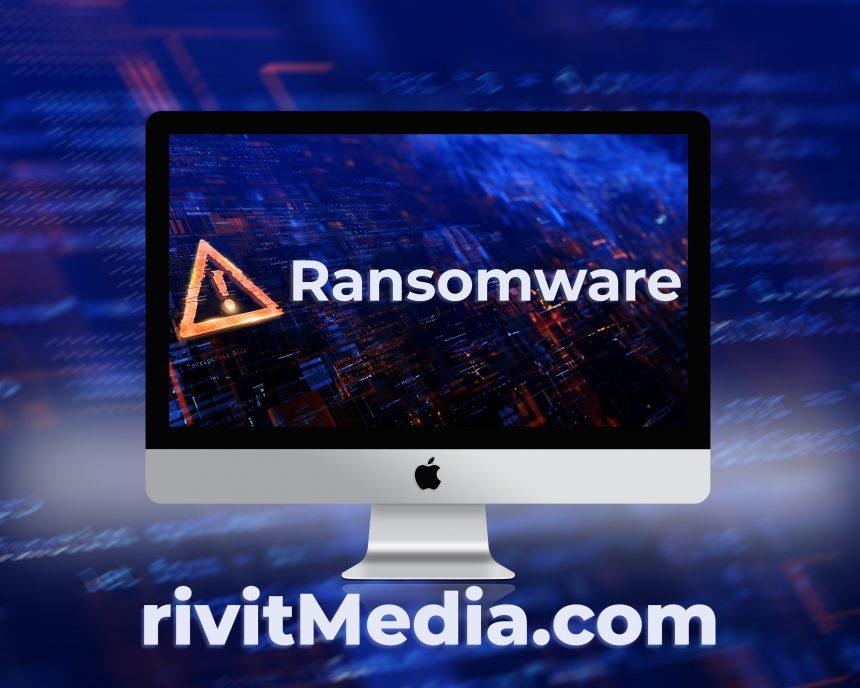The emergence of ransomware remains a persistent menace. Among the latest additions to this nefarious arsenal is the Beast Ransomware, a formidable adversary wreaking havoc on digital landscapes. Understanding its modus operandi, potential consequences, and effective removal strategies becomes paramount in safeguarding against its detrimental impacts.
Introduction to Beast Ransomware
Beast Ransomware represents a sophisticated breed of malicious software designed with the sole intent of encrypting valuable data on compromised systems. Leveraging advanced encryption algorithms, it renders files inaccessible to users, holding them hostage until a ransom is paid. The perpetrators typically demand payment in cryptocurrency, ensuring anonymity and facilitating untraceable transactions.
Actions and Consequences of Beast Ransomware
Upon infiltration, Beast Ransomware swiftly encrypts files across the infected system, appending distinct extensions to denote their compromised status. Victims are then presented with ransom notes, outlining instructions for payment in exchange for decryption keys. Failure to comply often results in permanent data loss, disrupting operations and inflicting significant financial and reputational damage.
The ramifications of a Beast Ransomware attack extend beyond immediate data encryption. Businesses may face prolonged downtime, loss of sensitive information, and potential legal implications, impacting productivity and customer trust. Moreover, the proliferation of ransomware underscores broader cybersecurity vulnerabilities, necessitating robust preventive measures and proactive defense strategies.
Detection and Similar Threats
Detection of Beast Ransomware may vary across security platforms, with notable aliases including:
- Trojan-Ransom.Win32.Crypmoder.*
- Ransom:Win32/Genasom.*
- Ransom:Win32/Generic.*
- Trojan.Ransom.*
- Win32/Filecoder.*
Similar threats within the ransomware landscape include notorious variants such as WannaCry, Ryuk, and Sodinokibi, each exhibiting distinct characteristics and propagation methods. While their specific mechanisms may differ, their overarching objective remains consistent: extortion through data encryption.
Beast Ransomware Removal Guide
- Isolate Infected Systems: Immediately disconnect compromised devices from network connectivity to prevent further spread of the ransomware.
- Backup Encrypted Data: Safeguard encrypted files by creating backups on external storage devices or cloud platforms.
- Identify and Terminate Malicious Processes: Use Task Manager (Ctrl+Shift+Esc) to identify and terminate suspicious processes associated with Beast Ransomware.
- Enter Safe Mode: Restart the infected system and boot into Safe Mode to facilitate removal without interference from malicious processes.
- Delete Temporary Files: Clear temporary files and cache to eliminate potential hiding spots for ransomware components.
- Scan and Remove Malware: Utilize reputable antivirus or antimalware software to conduct a thorough system scan and remove all detected instances of Beast Ransomware.
- Restore from Backup (if applicable): Utilize previously created backups to restore unaffected versions of encrypted files, ensuring minimal data loss.
- Update Security Measures: Install the latest security patches and updates to fortify system defenses against known vulnerabilities exploited by ransomware.
Preventative Measures
- Implement robust endpoint protection solutions equipped with heuristic analysis and behavior monitoring capabilities to detect and thwart ransomware attacks.
- Educate users about phishing tactics and social engineering techniques employed by cybercriminals to infiltrate systems and distribute ransomware payloads.
- Enforce stringent access controls and least privilege principles to limit the exposure of critical data to potential ransomware threats.
- Regularly back up essential data to secure, offline storage locations, enabling swift recovery in the event of a ransomware incident.
By adhering to these proactive measures and remaining vigilant against evolving cyber threats, organizations can bolster their resilience against the pernicious impacts of Beast Ransomware and similar malicious entities. Safeguarding digital assets and maintaining robust cybersecurity practices are imperative in safeguarding against the ever-looming specter of ransomware attacks.





